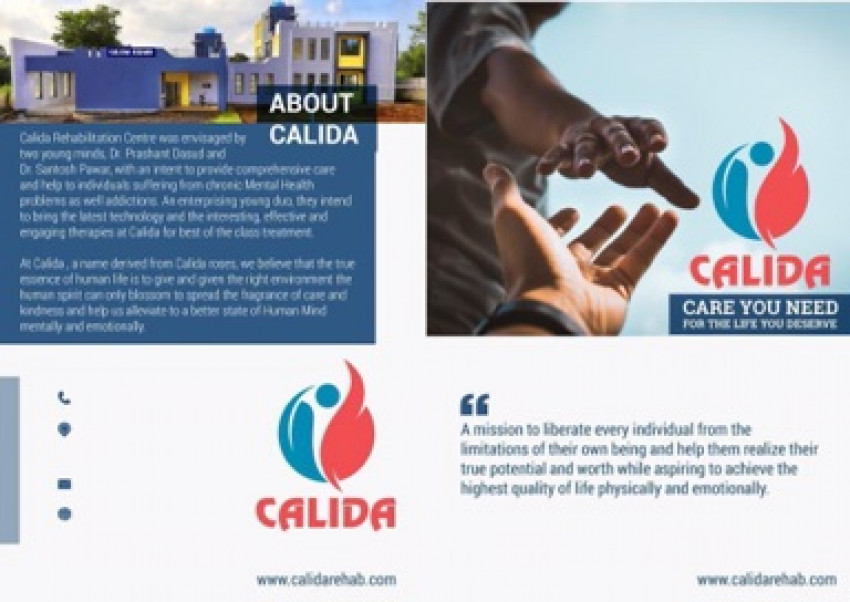
People suffering from alcohol or substance addiction are prescribed a full-body detoxification process before they are given therapies and medication. The procedure is based on the belief that a patient experiencing physical health problems cannot recover from mental health issues.
Simply put, the substance abuse disorder can’t be treated until the physical side of the addiction is addressed first. Detox is the first step in addiction recovery. So, what exactly is detox? How is it performed? And, what are the risk factors? Let’s find out.
What is Detoxification?
Detox is the process of cleaning your body and removing every trace of drugs and alcohol from the system so you are physically ready for the treatment. Now, detoxification does not come without side effects. The body of an addict is used to the drugs to a stage where it can’t function if it does not get the substance. Removing every trace of the drug from your body means your brain has to adjust to this sudden change.
Detoxification can lead to the symptoms of withdrawal. That’s why doctors never tell a drug addict to stop taking drugs or consuming alcohol. They refer them to a mental health specialist for the detoxification process followed by therapies and medication for a safe withdrawal.
Why Do You Need Withdrawal Management?
Detoxification can’t be performed by a random person. Even if you try to quit alcohol or drug, you will end up with a failed attempt. Your body is used to the chemicals, so it can’t work until you feed the substance to your body. The severity of the symptoms depends on:
● How long the patient has been addicted to the substance
● What kind of substance they are addicted to
● How is their mental health
The common withdrawal symptoms a drug addict might experience are abdominal cramps, headaches, insomnia, shaking & shivering, diarrhea, exhaustion, lack of concentration, hallucination, seizures, and more.
A withdrawal management plan includes a series of steps that help you manage your withdrawal symptoms and break the addiction cycle. It’s performed in a calm place where the patient is treated with medication, individual and group therapies, physical exercises, a balanced diet, and other treatment plans.
The psychiatrist prescribes medication after the detox process to control the withdrawal symptoms. These medications are used to address depression, exhaustion, insomnia, paranoia, seizures, and other symptoms. In addition to medication, the patient needs 24/7 care and monitoring. A pleasant atmosphere, peer support, and compassionate care are a few things that can help the patient recover psychologically.
How Long Does the Detox Process Last?
A professional carries out detoxification as safely as possible. A deaddiction center in Mumbai is an ideal place for people looking for detoxification. The process is performed under the care of medical experts, nurses, and healthcare professionals to minimize the risk of withdrawal symptoms.
The length of the process varies from patient to patient. Mostly, it takes 7 to 10 days to complete your detoxification if you join the best rehab center in Mumbai.




